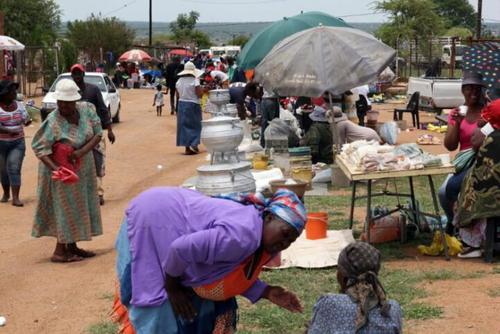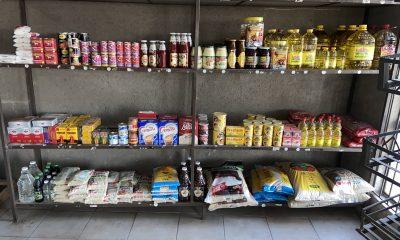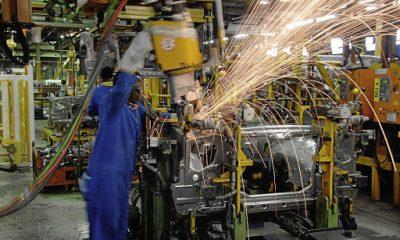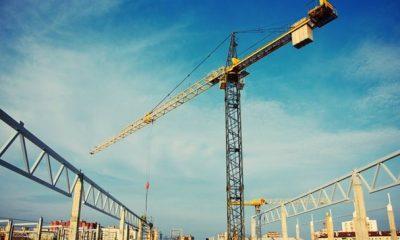Business
South Africa’s Hidden R1 Trillion Powerhouse: The Township Economy on the Rise

South Africa’s informal economy is no longer just a survival mechanism—it’s a booming, R1 trillion powerhouse driving jobs, innovation, and entrepreneurship across townships nationwide.
According to GG Alcock, founder of Kasinomics and a leading expert on the informal sector, South Africa’s township economy is valued at between R1 trillion and R1.125 trillion. From spaza shops and beauty salons to fast food joints and taxi businesses, these informal ventures are reshaping what economic growth looks like from the ground up.
A Mirror of the Formal Economy
Alcock, who also founded Minanawe Marketing and now advises township-based startups, says the informal economy is more organized and dynamic than many realise.
“If you take a mirror to the formal economy, you will find every sector represented in the informal economy,” Alcock told The Real Network. “These businesses are successful, and in many cases, they were spun out of the formal sector to serve informal markets better.”
He estimates that spaza shops alone account for R190 billion across 100,000 outlets, while the fast-food sector is worth around R90 billion. Beauty services bring in about R10 billion, and the minibus taxi industry contributes a massive R50 billion per year.
Other contributors include:
-
Stokvels (savings clubs): R44 billion
-
Backroom rentals in townships: R20 billion
-
Spaza shop rental economy: R25 billion
-
The multi-sector economy: R18 billion
These figures only scratch the surface. Industries such as catering, car washes, construction, and even informal automotive repairs contribute significantly to the informal economic web.
Going Digital: Cash is No Longer King
One major misconception is that informal businesses only operate in cash and avoid taxes. Alcock argues this narrative is outdated. A growing number of township entrepreneurs are adopting digital payments, bridging the gap between informal trading and formal systems.
“In November 2021, 100% of transactions were in cash. By November 2024, 40% of these were card payments,” he explained, citing data from fintech provider Lesaka, which alone facilitates R2 billion in informal card transactions.
This signals a shift toward a hybrid economy, where businesses remain informal in structure but embrace formal payment systems. It’s a move that could lay the groundwork for better financial inclusion, access to capital, and long-term stability.
The Path to Formalisation—On Their Terms
Rather than forcing full formalisation, Alcock suggests a blended model that maintains the agility of informal businesses while introducing just enough regulation to help them thrive.
“Formalising operating locations—like the way hot dog stands are licensed in New York—could help township entrepreneurs invest in their businesses, build value, and even sell when the time is right,” he said.
By securing the rights to the spaces in which they operate, businesses could access capital and scale with confidence. But, Alcock cautions, over-regulation could stifle what makes these enterprises thrive in the first place.
“We need to recognise that these are real businesses built by township entrepreneurs. Many of them are large businesses,” Alcock added.
Looking Ahead
Major financial players like Capitec are also waking up to the potential of the informal economy. CEO Gerrie Fourie recently said this sector is critical to South Africa’s economic future, and that it’s time to stop undervaluing its contribution.
The challenge now lies with policymakers: how to support the informal sector’s growth without diluting its unique structure? With over a trillion rand in untapped value already in motion, the answer could hold the key to inclusive economic growth in South Africa.
{Source: BusinessTech}
Follow Joburg ETC on Facebook, Twitter , TikTok and Instagram
For more News in Johannesburg, visit joburgetc.com



























